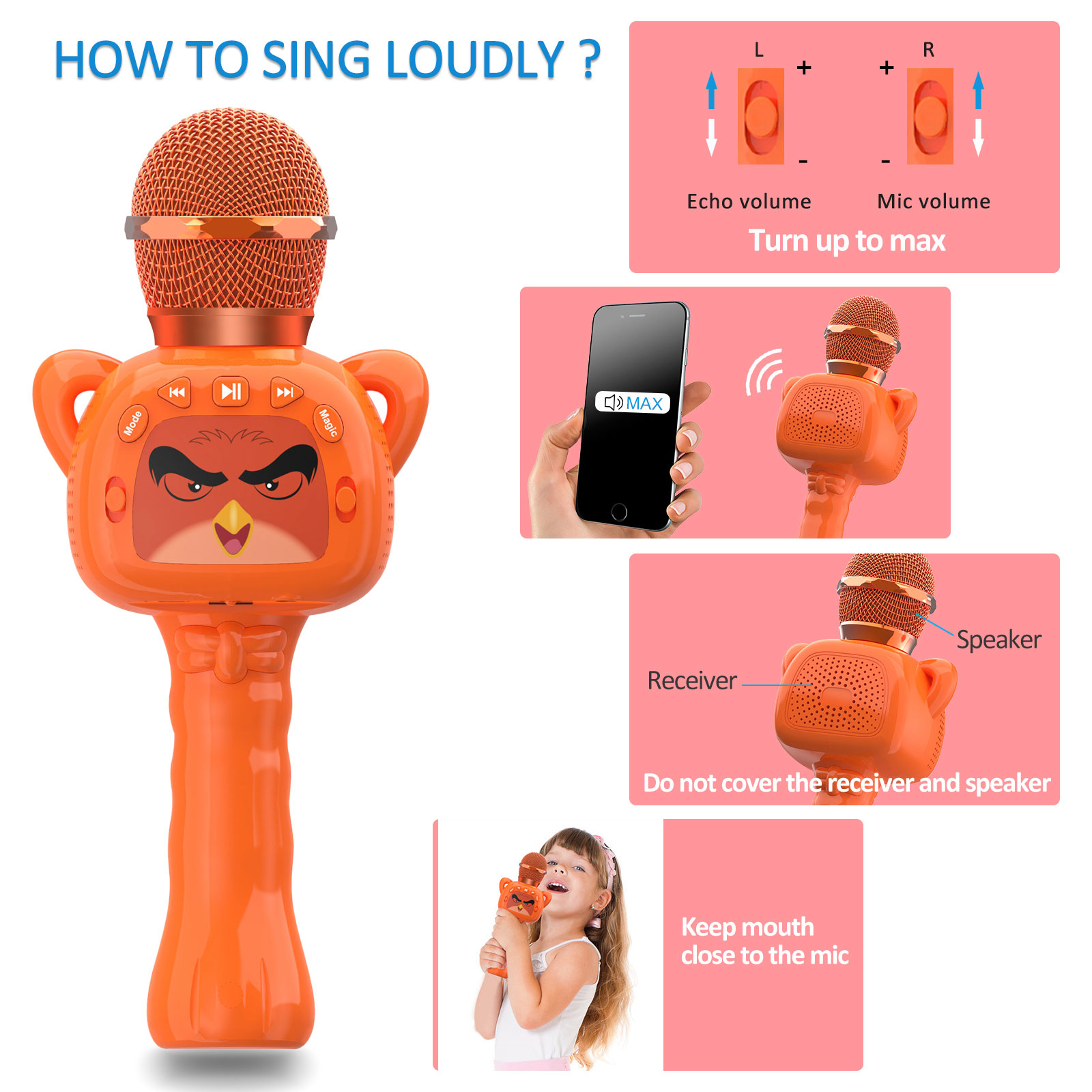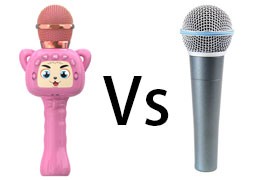Exporting custom microphones requires FCC, CE, and OEM certifications plus wireless audio compliance. This guide...
The difference between a wired microphone and a wireless microphone
There's quite a bit of misconception that the difference between a wired and wireless microphone is based on sound quality only.
However, maybe this was so in the past, but it's just not the case anymore with better technology.
There are more things to consider when you're faced with deciding between a wired and wireless microphone.
And not just qualities of both a wired and a wireless microphone, you should also consider the advantages and the disadvantages of both.
In this article, you'll get a rundown of the various features of both the wired and the wireless microphones as well as the advantages and the disadvantages of both.

Features of a wired microphone Vs. a wireless microphone
A wired microphone works by its connection through cords to the amplifier.
But it's completely different with a wireless microphone, and you can even say more complicated.
A wireless microphone works when an audio signal is produced by the wireless microphone, and it is transmitted by a transmitter through a specified radio frequency to the receiver.
This receiver then gets the frequency as the original audio signal.
Advantages and disadvantages of both a wired and a wireless microphone
At this point, you'll want to know the upsides and downsides of using either of the two.
Starting with the advantages of using a wired microphone;
l More cost-effective
Wired microphones cost less than a wireless microphone. The average wired microphone costs one-third of the price of a wireless microphone.
If you're planning on saving money, then you should opt for a wired microphone.
l The wired microphone doesn't need batteries
There is no need to get a battery in a wired microphone. Everything is connected, and they're all working together; the microphone is getting power straight from the source and so will never run out of energy compared to a wireless microphone that uses batteries.
l More reliable
A wired microphone is much more reliable than a wireless microphone.
And not just because it uses batteries, as we've earlier mentioned, but because it's generally more acceptable to use overseas than a wireless microphone that may not align with a foreign countries regulation.
l Better signal
Due to its direct connection with pieces of equipment such as an amplifier, there is a better chance of getting less distortion or interference in sounds than the wireless mic.
With a wireless system, however;
l More flexibility
A wireless microphone offers more flexibility because the cord like a wired microphone does not limit it.
This means you can go farther away than if you were to be using a wired microphone.
Unlike cords, cables, and wires, frequency doesn't have a distance limit.
l Less of a safety hazard
Unlike a wired microphone, there are no trip hazards such as cables or wires on the floor.
This makes a wireless microphone to be much safer during use than a wired microphone.
Conclusion
Wireless microphones are for the kids who cannot stand still while singing. Wired are for those who cannot move around while karaok-ing. If either of these suit your kid’s likeness, get them before they lose confidence regarding their singing skills.













Latest comments